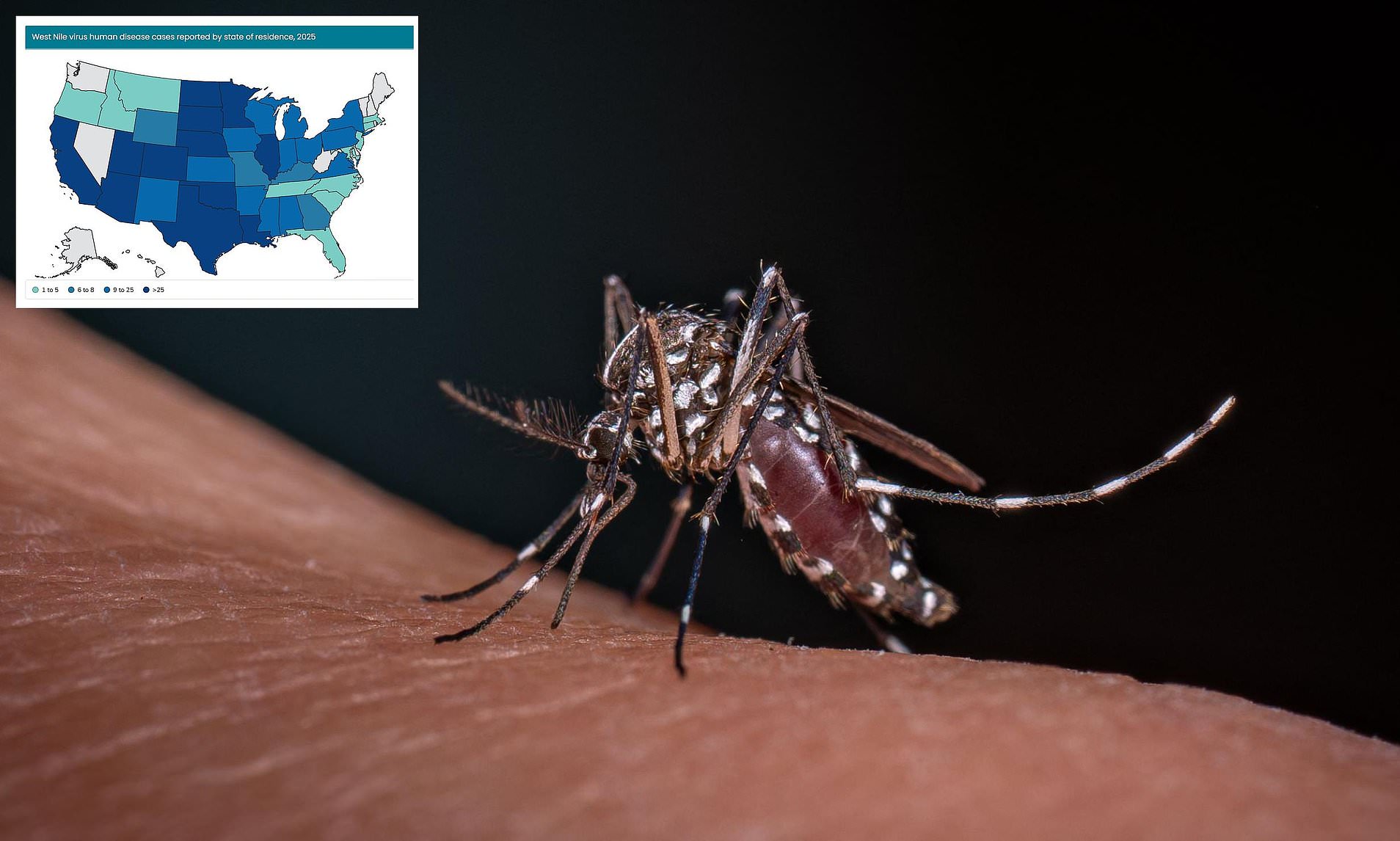
The Escalating Threat of Mosquito-Borne Diseases: A Global Health Concern
Mosquito-borne illnesses are on the rise globally, raising concerns among health experts about the potential for widespread outbreaks and the need for increased preventative measures. Several factors, including climate change and increased international travel, are contributing to this worrying trend, demanding a comprehensive approach to mosquito control and personal protection.
This year has seen a surge in mosquito-borne diseases, with some regions experiencing record levels of infection. The West Nile Virus, known for its potential to cause paralysis, has seen a significant increase in cases. Dengue fever, another serious illness that can lead to severe internal bleeding, has also been reported in areas where it was previously uncommon.
Beyond national borders, international outbreaks of diseases like chikungunya have prompted travel advisories and heightened surveillance efforts. The potential for these diseases to spread rapidly across borders underscores the interconnectedness of global health and the importance of coordinated responses.
The resurgence of malaria in certain regions is also a cause for concern. Malaria, which can be fatal if left untreated, poses a significant threat, particularly in areas with limited access to healthcare.
Expert Perspectives on the Expanding Range of Mosquitoes
Experts have expressed increasing concern about the expanding range of mosquitoes and the diseases they carry. Changes in climate patterns are creating more favorable conditions for mosquitoes to thrive in previously inhospitable areas, leading to the spread of mosquito-borne illnesses to new regions.
One expert noted that the mosquito pool is slowly moving northward along the East Coast, raising concerns about the potential for increased transmission of infections in these areas. This highlights the need for greater awareness among residents and healthcare providers about the risks associated with mosquito bites and the importance of early diagnosis and treatment.
Another expert highlighted the need for increased mosquito control efforts in response to a surge in mosquito populations. This includes measures such as eliminating breeding sites, using larvicides to kill mosquito larvae, and implementing targeted spraying programs to reduce adult mosquito populations.
Protecting Yourself from Mosquito Bites: Expert-Backed Strategies
Given the increasing threat of mosquito-borne diseases, it is crucial to take steps to protect yourself and your family from mosquito bites. Here are some expert-backed strategies to minimize your risk:
- Use Repellent: Applying mosquito repellent to exposed skin is one of the most effective ways to prevent mosquito bites. Repellents containing DEET, picaridin, or IR3535 are recommended for their proven effectiveness. For children, consider applying repellent to their clothing rather than directly to their skin. Reapply repellent every few hours, especially when outdoors during peak mosquito activity times.
- Wear Protective Clothing: When possible, wear long-sleeved shirts, long pants, and socks to minimize exposed skin. Light-colored clothing is also recommended, as mosquitoes are attracted to dark colors.
- Eliminate Breeding Sites: Mosquitoes breed in stagnant water, so it is essential to eliminate any potential breeding sites around your home. This includes emptying containers such as flower pots, buckets, and tires that can collect water. Regularly clean gutters and ensure proper drainage to prevent water from pooling.
- Use Mosquito Nets: Install mosquito nets over beds, especially in areas where mosquitoes are prevalent. Ensure that the nets are in good condition and properly secured to prevent mosquitoes from entering.
- Consider Zappers and Traps: Mosquito zappers and traps can help reduce mosquito populations in outdoor areas. Place traps near bushes or water sources, and position zappers in areas where people gather.
- Home Care: Ensure you have net screens on doors and windows that are often open. Air conditioning can also help as the dry and cooler air causes mosquitoes to become much less active.
Understanding Mosquito Repellents: DEET and Alternatives
Mosquito repellents work by either obscuring the natural odor of the human body, which attracts mosquitoes, or by repelling them on contact with the skin. DEET is a widely used and effective active ingredient in many mosquito repellents. It works by interfering with the mosquito's ability to detect human scent.
While DEET is considered safe for human use when applied as directed, some people may prefer to use alternative repellents. Picaridin and IR3535 are two other effective ingredients that are available in various repellent products.
Some people explore natural alternatives like cinnamon, garlic, or lavender rosemary, but these are not EPA-approved.
Recognizing Symptoms and Seeking Medical Attention
It is essential to be aware of the symptoms of mosquito-borne diseases and to seek medical attention if you experience any concerning symptoms after being bitten by a mosquito. Common symptoms may include fever, headache, muscle aches, joint pain, rash, and fatigue.
If a child exhibits a change in behavior or develops a rash after a mosquito bite, it is important to consult a physician. Early diagnosis and treatment can help prevent serious complications and improve outcomes.


No comments:
Post a Comment